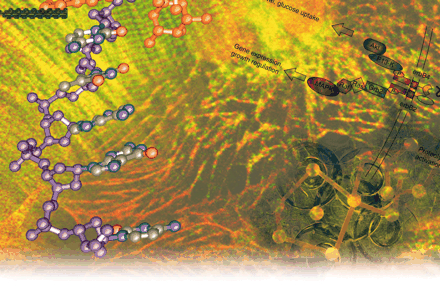The Cardiotoxicology of Anthracycline Chemotherapeutics: TRANSLATING MOLECULAR MECHANISM INTO PREVENTATIVE MEDICINE
Abstract
Anthracyclines remain a mainstay of chemotherapy in spite of their well-recognized cardiotoxicity. Recent experience with trastuzumab (Herceptin) and anthracycline therapy has prompted a detailed analysis of the function of erbB2 in the heart. These studies demonstrate a cardioprotective effect of neuregulin, the endogenous ligand for the erbB4/erbB2 heterodimeric receptor complex. Although the mechanisms of cytoprotection remain incompletely understood, these studies have triggered the question of whether physiological manipulation of cardioprotective pathways that involve erbB can be used to improve outcome in patients treated with anthracyclines. The local activation of cardioprotection by cardiovascular exercise may be such a manipulation and warrants further investigation.

- © American Society for Pharmacology and Experimental Theraputics 2005



